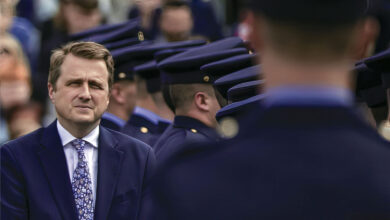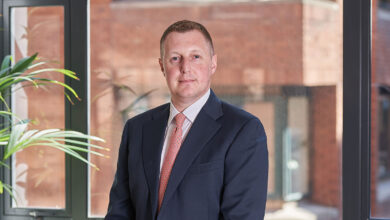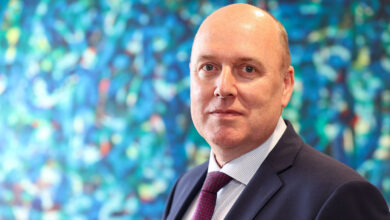An Garda Síochána: Supporting operational activity and investigations
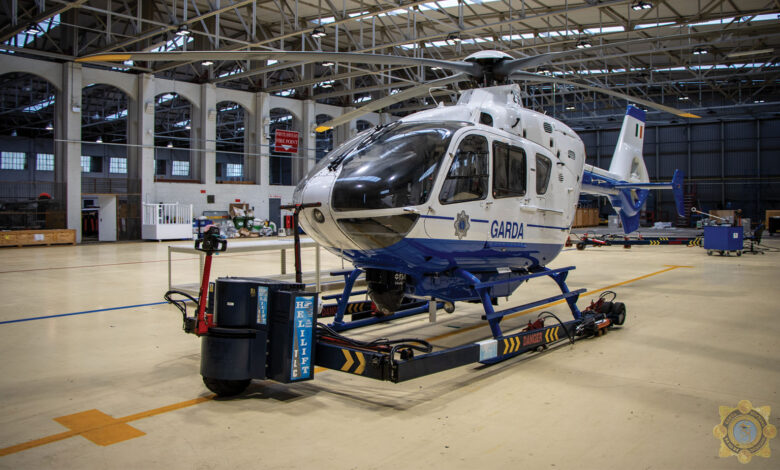
An Garda Síochána’s Operational Support Services provide specialist support to Gardaí throughout the country. These consist of four units: The Mounted Support Unit; The Air Support Unit; The Dog Unit; and The Water Unit. Each play a critical role in supporting operational activity and investigations.
The work carried out by a number of these specialist teams has been highlighted as part of An Garda Síochána’s new podcast series, The Garda Podcast.
Sergeant Mark Campbell of the Garda Air Support Unit based at Casement Aerodrome in Baldonnel speaks about this important Garda resource and the work the unit’s two EC 135T2 helicopters are involved in.
“Air support is a key asset in the search for missing persons, and Sergeant Campbell highlights the advantages associated with deploying in those circumstances.
“By virtue of the elevation we are at we have a far better field of view of an area on the ground. We can scan and peruse an area more timely, day or night, and can give a better result where someone is missing or had an injury and needs to be recovered,” he said.
“We operate within weather minima and that varies whether we are operating during the day or at night. During the night we will operate with various technologies like night vision goggles, and that’s to take account of the added dynamism that is needed to operate in that sort of setting, particularly in areas with challenging topography – mountains, rivers, masts, things that are easily seen in the daylight but not in the late hours. It will vary where you will go and how you will operate,” he explained.
The Air Support Unit are also involved in assessing crowd density at large scale outdoor events like the St Patrick’s Day parade, concerts, sporting events or large gatherings in community settings.
For instance, where there is a traffic management issue, we can relay that to the control room and they can put a policing plan in place to deal with that issue. There would always be an emergency route and we check it to make sure there is access for ambulance and first responders.
“We operate on a two-minute response time. So from receipt of a call to deployment it is a two-minute response, 24 hours a day,” Sergeant Campbell said, which essentially means they are always ready to deploy. The Garda Air Support serves the entire country and will either self-deploy or be tasked to deploy on instruction, depending on how a situation is unfolding.
While the Garda Air Support provides that eye in the sky, the Garda Water Unit provides the necessary skills and support to delve into the depths, assisting in recovery of evidence and persons in water or confined space.
Garda Lorcán Byrne of the Garda Water Unit details the important work this specialist unit does and how they have recovered everything from the smallest item like a key on the bed of a canal, to locating and gathering evidence from large submerged items like cars.
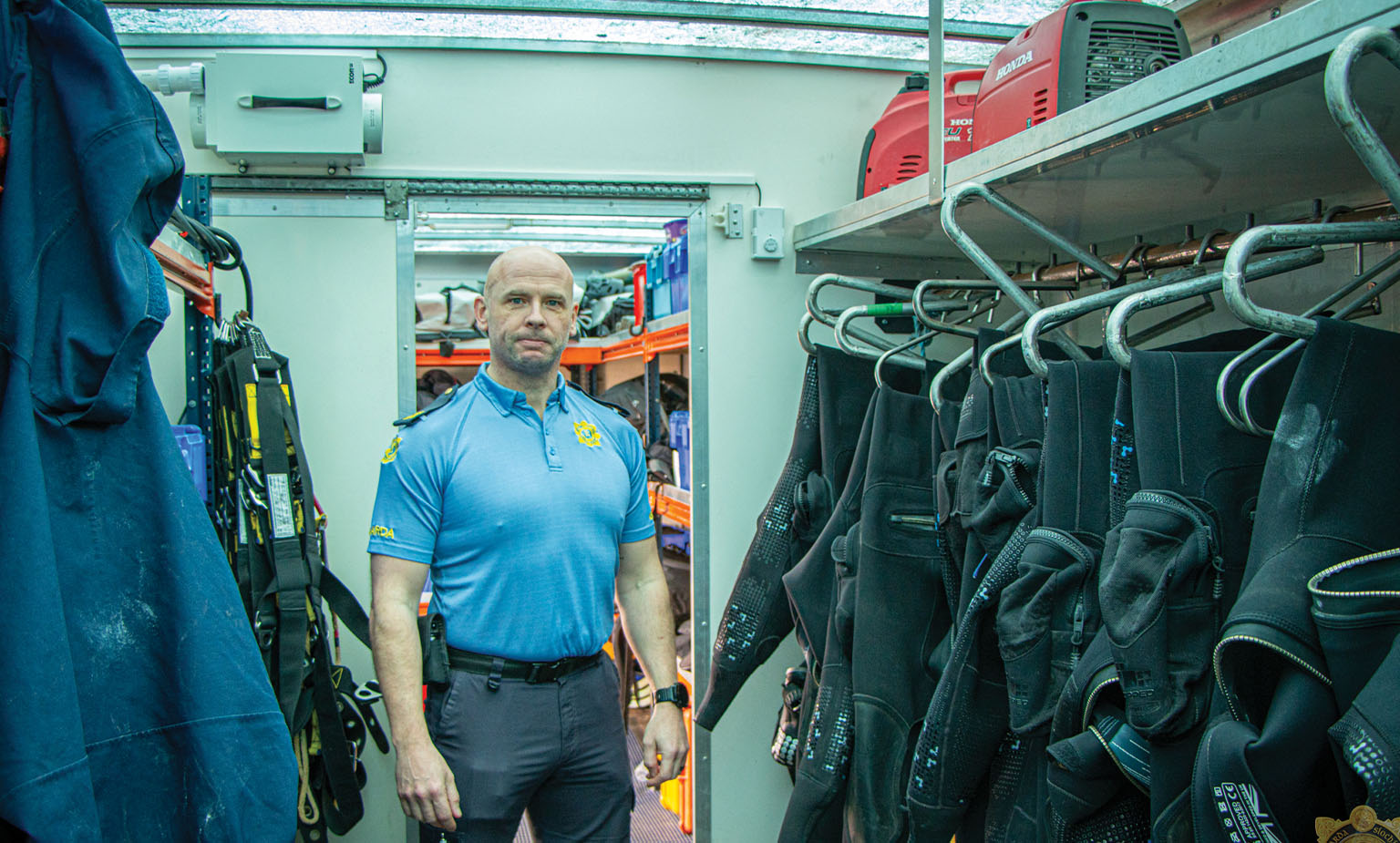
“We first and foremost are sworn members of An Garda Síochána, so our powers are the same. The Maritime Safety Act and the Maritime Security Act goes out to 12 miles out from the low water mark. So beyond what you can see on your local beach, we still have jurisdiction all the way out there. And with some acts its waters adjacent to Irish waters. We are basically the guards for out on the water,” he explains.
Garda Byrne said their work varies from “doing a boat patrol where we are enforcing careless navigation, or dangerous navigation or not wearing life jackets” to security for VIP vessels arriving here, to searching for evidence, or missing persons. The Garda Water Unit have the capabilities to dive to depths of 50 meters, whether that is at sea or inland.
They also work to assist other agencies, such as the Marine Casualty Investigation Board, or the Air Accident Investigation Unit, and responded when Rescue 116 crashed off Black Rock island in Mayo in 2017.
“We gather evidence like any other guard. A lot of the time it is missing people we are looking for. Whether that be through self-harm or through accident, or a collision where a car enters the water after a collision. We would go and recover the deceased persons from the car and then try to ascertain what condition the car was in, was the car in gear, was the engine on. That might give an indication that say it was a very narrow road and the car was in fifth gear so the car would have been going at a greater speed, so that would assist the road crash investigation team,” he explains.
Another area of their work takes them to environments that may feature noxious gas.
“We would often search culverts that go under roads. Our colleagues might look through this concrete pipe and can see the other side and might think I can walk through there. But that inch or two inches of water with rotten leaves or whatever in the pipe, as you disturb that it can give off a gas, and some of those gases are lethal,” he warned.
In situations where there may be a threat of such gases the Garda Water Unit is called in to investigate using the right training, tools, and equipment.
Further to these units, The Garda Dog Unit is an integral part of policing. Garda dogs work to assist in searches for suspects of crimes and for evidence. The dogs are also trained to work in serious public order disturbances; they assist in the execution of warrants. Most act as “detector” dogs – trained to locate cocaine, cannabis, ecstasy, and heroin, while there are others that work as “cadaver” dogs, who help to recover missing persons on land and from water.
Meanwhile, the Garda Mounted Unit provides important support in the area of high visibility crime prevention, detection patrols, searches for missing persons particularly in terrain that cannot be accessed by vehicles, public order and crowd control; as well as community policing and major event policing.
To find out more, The Garda Podcast is available now on Spotify, Apple and Amazon Music. Episodes feature the Garda National Mounted Unit; the Garda National Cyber Crime Bureau; the Garda Protective Services Bureau; the Criminal Assets Bureau; and the Garda National Drug and Organised Crime Bureau.

T: +353 1 666 0000
W: www.garda.ie

